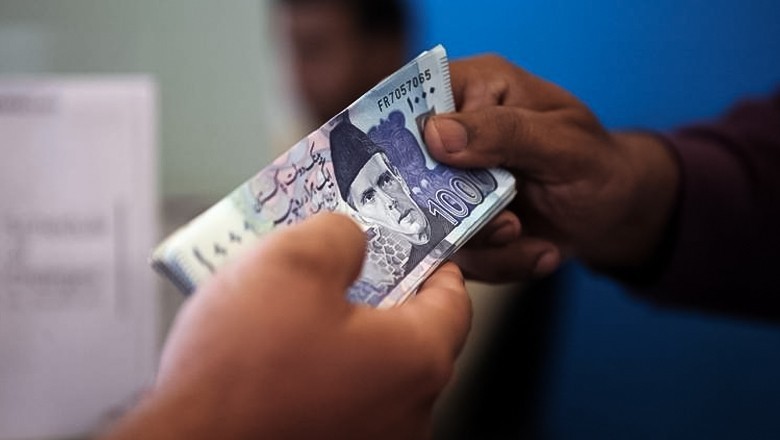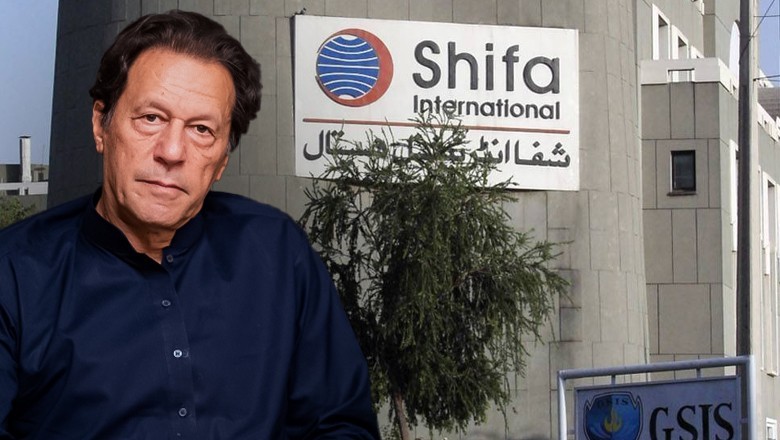Banking, real estate, and politicians identified as key money laundering channels in Pakistan: IMF

Web Desk
|
21 Nov 2025
The International Monetary Fund has warned that Pakistan faces significant risks of corruption-related money laundering, citing weaknesses in enforcement, transparency, and institutional accountability. The findings come through its ongoing review of Pakistan’s governance and anti–money laundering frameworks.
The IMF’s assessment identifies high-risk sectors, including banking, real estate, and construction, along with political figures as primary channels for concealing corruption proceeds through private companies, corporate vehicles, and informal value-transfer systems.
The global lender also highlights that delays in investigations, prolonged trials, and a low conviction rate have weakened the deterrent effect of Pakistan’s anti–money laundering (AML) enforcement. It notes that external interference in politically sensitive cases has further undermined public trust in accountability mechanisms.
Among the core issues highlighted are the absence of strong inter-agency coordination and weak preventive supervision in high-risk sectors such as Designated Non-Financial Businesses and Professions (DNFBPs). The Securities and Exchange Commission of Pakistan (SECP) has also yet to establish a publicly accessible beneficial-ownership database, the IMF notes.
Notably, the IMF observes that Pakistan’s population is increasingly young, over 60% under the age of 30, and active on social media. This demographic shift, it says, is driving demands for greater institutional transparency and accountability, which could help push reform momentum.
While Pakistan has taken steps to address deficiencies, such as adopting risk-based supervision, enhancing inspections of financial institutions, and imposing penalties on banks for AML violations, the IMF says selective enforcement and the lack of disaggregated data on suspicious transactions remain serious issues.
The IMF has urged Pakistan to strengthen staffing and technical capacity in agencies such as the National Accountability Bureau (NAB) and the Federal Investigation Agency (FIA), fully implement beneficial-ownership transparency rules, and ensure that DNFBPs are brought under strict supervision.
Pakistan’s government has expressed reservations about certain IMF findings and is preparing a formal response to the draft report, though the final version has not yet been published.












Comments
0 comment